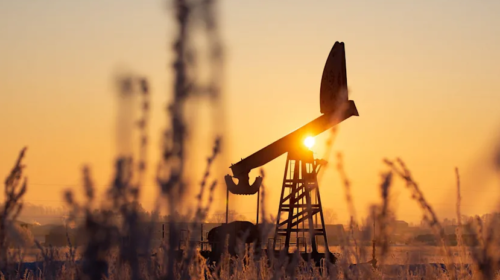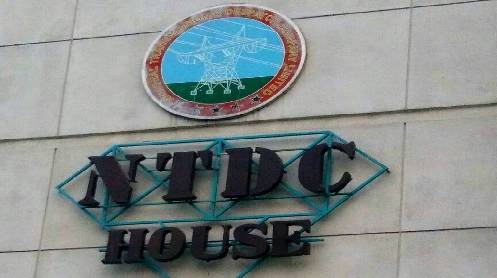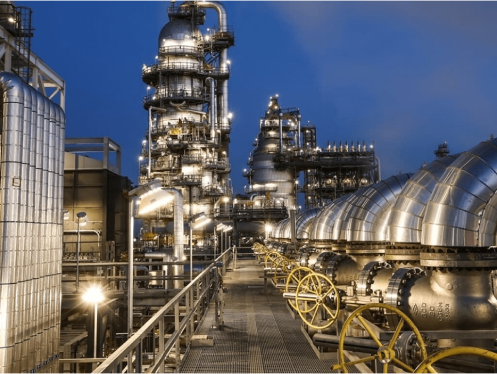May you live in interesting times,” runs the saying, supposedly an English translation of an ancient Chinese curse.
For BP and Shell, the British companies that account for two of the world’s seven oil “supermajors”, the first quarter of 2022 has been painfully fascinating.
Both were heavily enmeshed in Russia and now face having to write down a combined £24bn on the value of their businesses, after cutting ties with the Kremlin.
Shell is expected to take a hit of £3.5bn due to its decision to exit its joint venture with Gazprom, Russia’s state gas giant, including its stake in the Sakhalin-2 gas project. BP accounts for the lion’s share of the eye-watering sum, due to its 20% stake in state oil firm Rosneft.
It seems only yesterday that BP announced it was taking the stake, in exchange for the takeover of its Russian assets by Rosneft, as part of a new alliance unveiled in a conference at the oil company’s salubrious London HQ.
BP boss Bob Dudley, who had himself fled Russia during a dispute with BP’s partners in a former joint venture there, announced the deal in 2013 alongside his new pal Igor Sechin, then chair of Rosneft.
Dudley is enjoying semi-retirement, while Sechin – nicknamed Darth Vader – sits at Putin’s right hand. The result, after discussions between the government and BP, is divestment and a £20bn hit. Rosneft accounted for £1.9bn of profit last year.
Looked at one way, that’s a lot of money. Looked at another, it’s practically chicken feed for a company that absorbed £50bn of costs from its 2010 Deepwater Horizon oil spill and lived to tell the tale. Moreover, the loss might have been more painful if it weren’t for the fact that oil companies have been making out like bandits due to sky-high oil and gas prices.
Bernard Looney, the BP chief executive, described his company as a “cash machine” earlier this year, thanks to the commodity price boom. Annual profits at BP, reported in February, were £10bn, compared to a £4.5bn loss the year before. Shell fared similarly swimmingly, booking £14bn.
Their fortunes are widely expected to have improved still further in 2022, with first-quarter results due to be published this week offering the first insight into just how much.
In February, oil and gas prices were high but had not yet been rocket-boosted by the war in Ukraine. What Putin has taken from the UK oil companies with one hand, in terms of painful divestments of Russian assets, he has given back with the other.
As a result, analysts have pencilled in £3.5bn for BP (up from £2.1bn last year) and £7bn for Shell, nearly three times last year’s £2.6bn.
No surprise then that clamour continues for a windfall tax on North Sea oil producers, to fund discounts for hard-pressed households struggling to pay record-high gas bills.While experts were warning that households face a choice between heating or eating, BP’s comment that it has “more cash than we know what to do with” invites an obvious solution to both problems.
However, last week Chancellor Rishi Sunak appeared to suggest the door might be ajar for such a tax. If oil companies fail to invest in sprucing up those North Sea assets and getting them producing at full pelt, he might revisit a one-off tax, he said. Business secretary Kwasi Kwarteng hauled in BP and Shell on Friday to issue the same warning about under-investment.
But it feels like an empty threat, not a new policy. This has the hallmarks of a piece of political theatre intended to head off public anger about the oil industry profiting from the misery of billpayers and motorists.
Cash-rich drillers are already planning increased capital expenditure in the North Sea next year, as well as low-carbon projects. Shell alone is due to pump £25bn into UK ventures over five years. That might put pressure on BP to be more ambitious, but happily for Looney he can point to last week’s announcement of a joint venture with Volkswagen to roll out 8,000 electric vehicle charging points in the UK and the EU.
As it stands, no one in the oil game is behaving in such miserly fashion that they can expect to be hit with a punitive bill from the chancellor.
Government grandstanding should give big oil very little to worry about – bar the continued headache of what to do with all that cash.
… we have a small favour to ask. Millions are turning to the Guardian for open, independent, quality news every day, and readers in 180 countries around the world now support us financially.
We believe everyone deserves access to information that’s grounded in science and truth, and analysis rooted in authority and integrity. That’s why we made a different choice: to keep our reporting open for all readers, regardless of where they live or what they can afford to pay. This means more people can be better informed, united, and inspired to take meaningful action.
In these perilous times, a truth-seeking global news organisation like the Guardian is essential. We have no shareholders or billionaire owner, meaning our journalism is free from commercial and political influence – this makes us different. When it’s never been more important, our independence allows us to fearlessly investigate, challenge and expose those in power. Support the Guardian from as little as $1 – it only takes a minute. If you can, please consider supporting us with a regular amount each month. Thank you.







